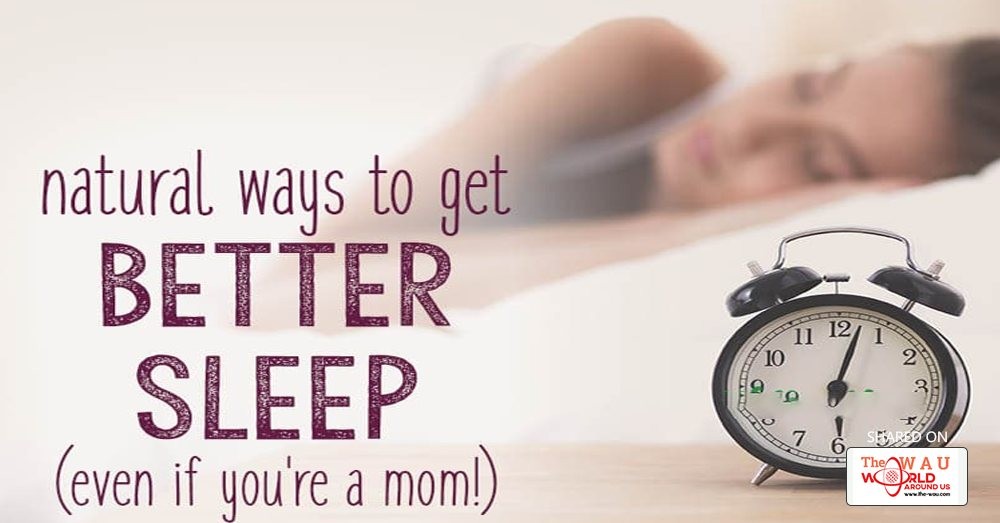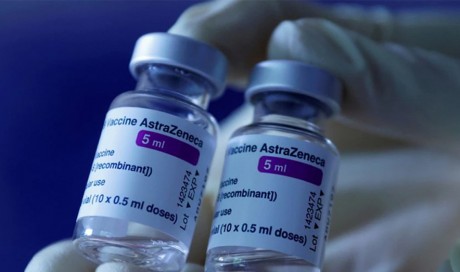It is common sense that we all need adequate sleep. Yet, statistics show again and again that we just aren’t getting it. For some, (including me) the idea of ever getting a solid night of uninterrupted sleep again may sound wonderful, but unrealistic. My excuse is the constant presence of a child under 18 months in my house but for many others it is insomnia, sleep disturbances, or simply not enough time.
I get it…it is hard to get decent sleep as a mom. A perfect 8 hours of blissful sleep may not work out with really little ones… but there are some things we can do, even as moms, to get better sleep.
Sleep Matters… More Than Diet or Exercise!
Sleep is a hormone dependent process, and with all the variables in our lives that can affect proper hormone balance (foods, toxins, artificial light, etc) it makes sense that many people struggle with sleep. This is also why times when hormones change often have a negative effect on sleep (menopause, puberty, pregnancy, etc)
While mainstream thinking might recommend a pharmaceutical option to help deal with sleep issues, artificially augmenting the hormone system to induce sleep isn’t without its problems (just check out the side-effects and warnings list!) and can have an impact on other hormone functions as well.
Often, lack of quality sleep stems from one or more lifestyle causes, and it is important to address these underlying issues as they can impact more than just sleep.
The Problem
Lack of sleep = Stress on the body = weight gain, premature aging, hair loss, hormone imbalances, infertility, and lowered immune function.
Hormone problems that cause sleep disturbances don’t just begin at bedtime, and they can’t be fixed by just addressing them at this time. Ever noticed that animals don’t have trouble sleeping and waking when they are supposed to? They don’t toss and turn to fall asleep and they don’t need pills to help them do so (speaking about outdoor animals… I don’t have any, but indoor animals could potentially have some of the same struggles that humans do).
Proper sleep hormone production (melatonin) depends on proper hormone function during waking hours (serotonin and others). As the endocrine system is a complete system, hormone imbalances (PCOS, Endometriosis, etc) can often lead to poor sleep and vice versa.
Stress hormones can have a tremendous impact on the sleep cycle as well, and it is a two-way street. Lack of sleep elevates stress hormones, and stress hormones can cause sleep problems.
What Happens When You Don’t Sleep?
Sleep is important for optimal health in so many ways. In fact, sleep is the one similarity across the animal kingdom. The amount of sleep needed varies greatly by species, but all animals (humans included) need sleep. Lab rats started dying after only a few days of being kept awake.
Sleep is important for almost every aspect of health:
- Physical Health: The body repairs tissue, including heart and blood vessels during sleep. Long term poor sleep is linked to an increased risk of heart disease, kidney disease, high blood pressure, diabetes, and stroke.
- Obesity: Lack of sleep alone can also make you fat. One study found with each hour of sleep lost, the odds of becoming obese went up.
- Hormone Health: Sleep helps maintain the balance of the hormones that make you feel hungry (ghrelin) or full (leptin). When you don’t get enough sleep, your level of ghrelin goes up and your level of leptin goes down. This makes you feel hungrier than when you’re well-rested.
- Insulin: Sleep impacts how your body handles insulin, the hormone that controls your blood glucose (sugar) level. Sleep deficiency results in a higher than normal blood sugar level, which can lead to many serious problems.
- Growth & Fertility: Deep sleep triggers the hormone cascade responsible for growth in children and teens. Do you kids tend to get growing pains at night? This could be why! This hormone also boosts muscle mass and helps repair cells and tissues in children, teens, and adults.
- Learning & Memory: Sleep helps the brain commit new information to memory through a process called memory consolidation. In studies, people who’d slept after learning a task did better on tests later.
Understanding Sleep Cycles
Of course, not all sleep is created equal. There are several stages of sleep that the body cycles through during the night:
- N1-This is the stage when you feel half asleep and still have some awareness of your surroundings. This is also the stage where you involuntarily jerk or kick.
- N2-Slightly deeper stage of sleep. You actually spend about half of your sleeping hours in this stage.
- N3– Deep slow sleep where your core temperature has dropped and your melatonin production is going strong. N3 cycles you into the most “productive” of the sleep cycles…
- REM– Rapid Eye Movement sleep is when most dreaming occurs. In REM, muscles completely relax and the mind and body regenerate at an amazing rate. Only about a quarter of your daily sleep is in REM but it is vitally important.
Research shows that the best sleep happens on a consistent schedule. This is because your circadian rhythm remains constant and your hormone production is optimal. The most beneficial hours of sleep are between 10 p.m. and 2 a.m., though most adults miss about half of this.
...[ Continue to next page ]
Share This Post












